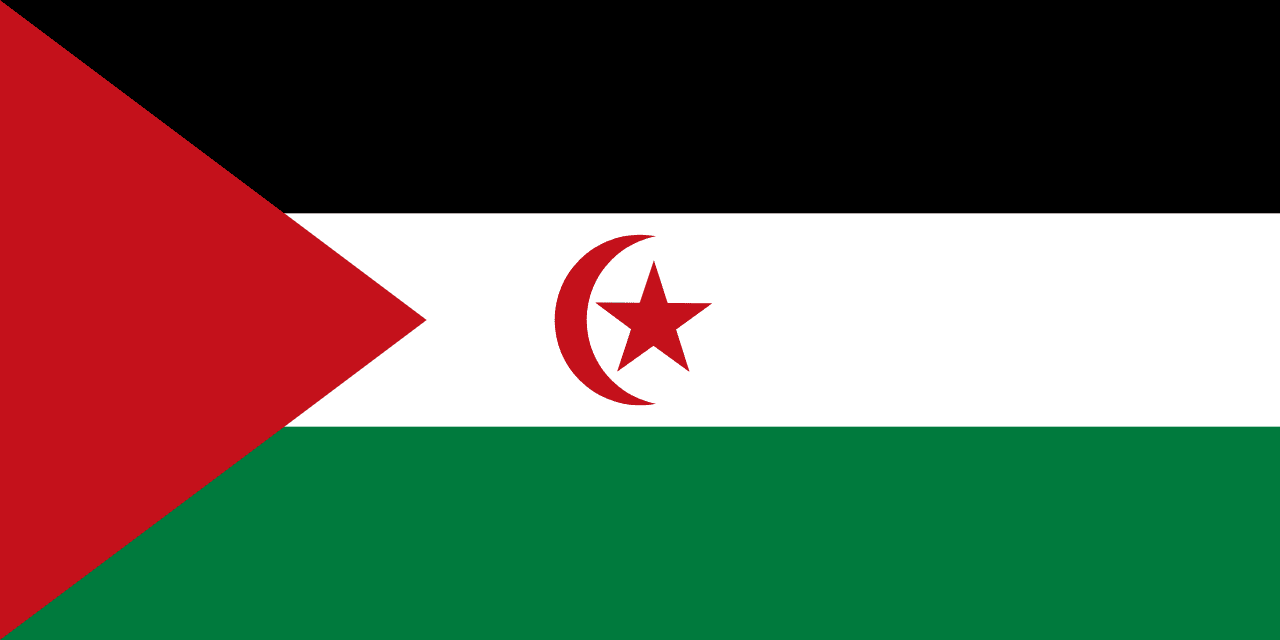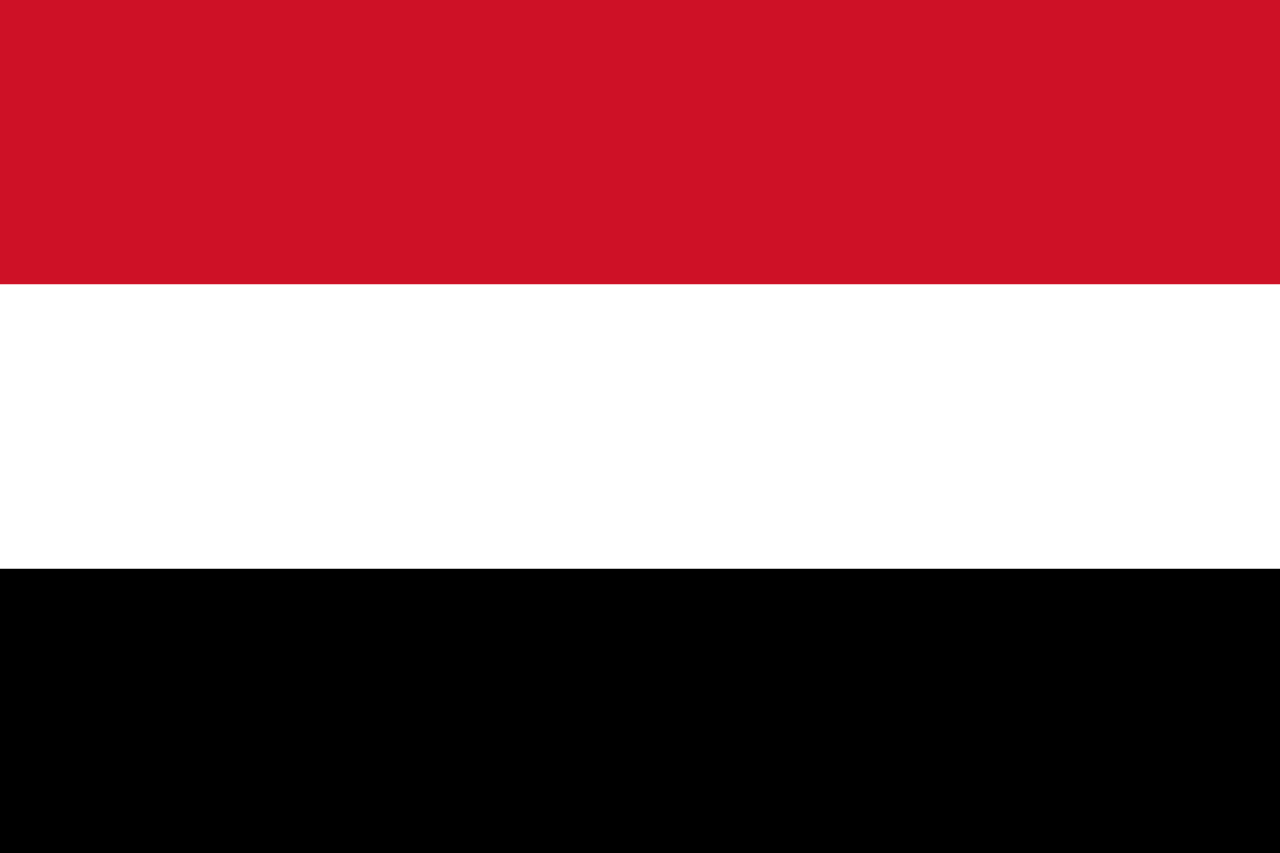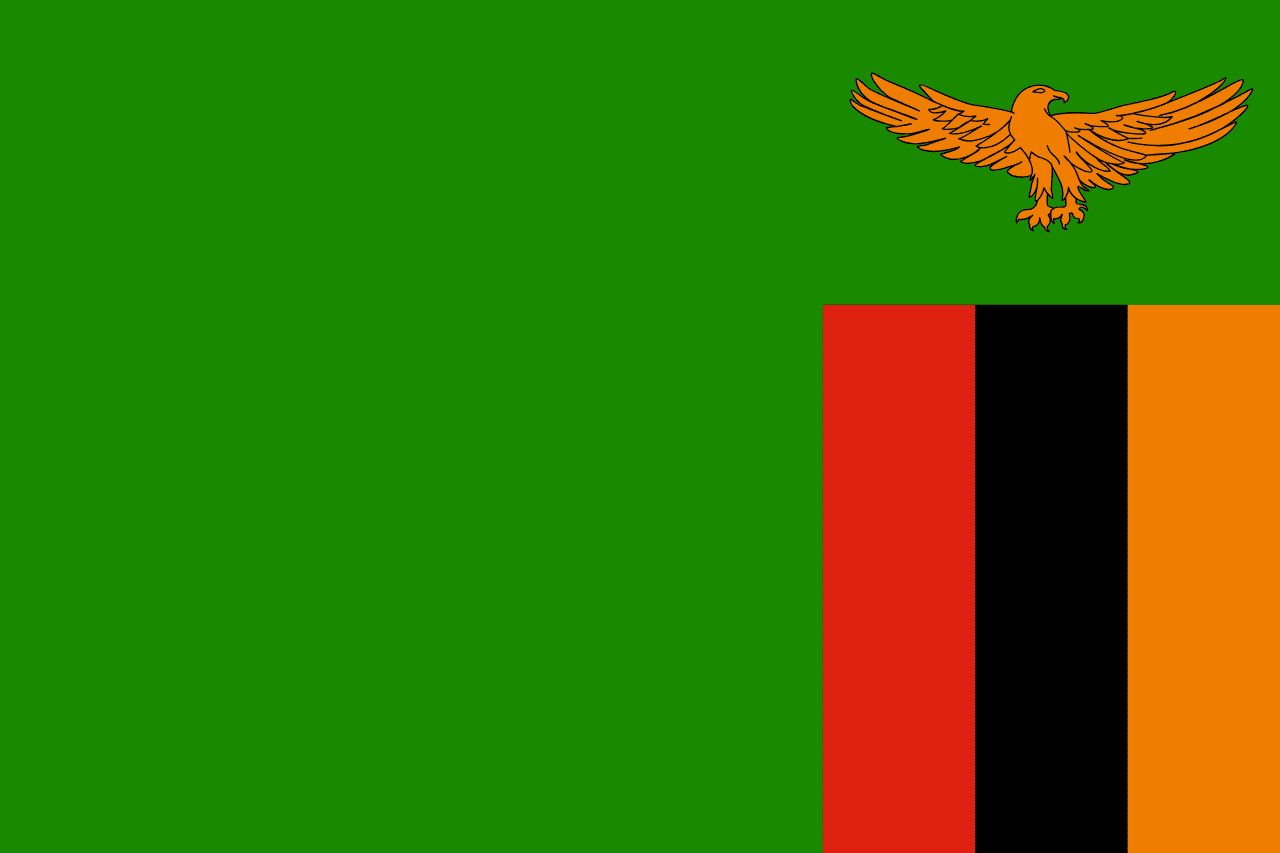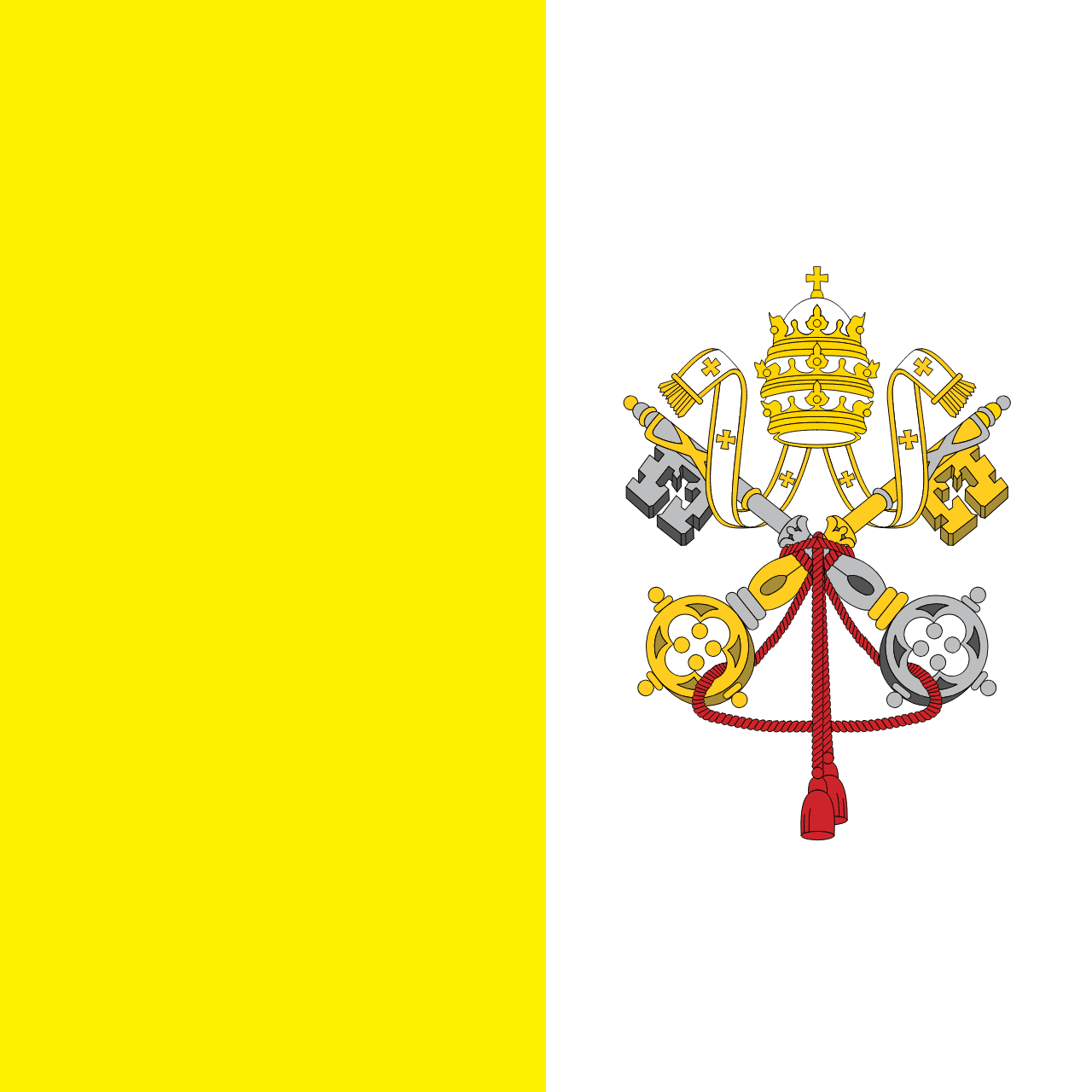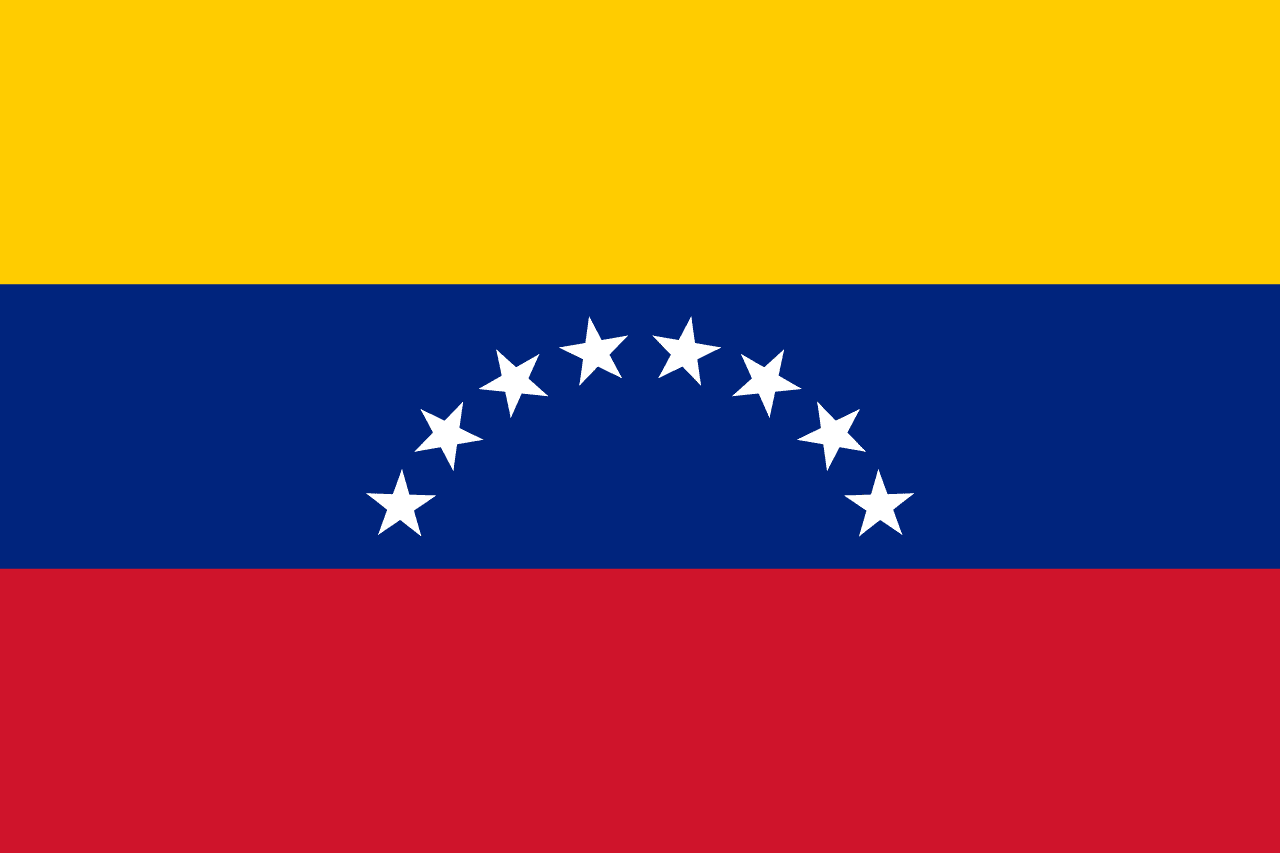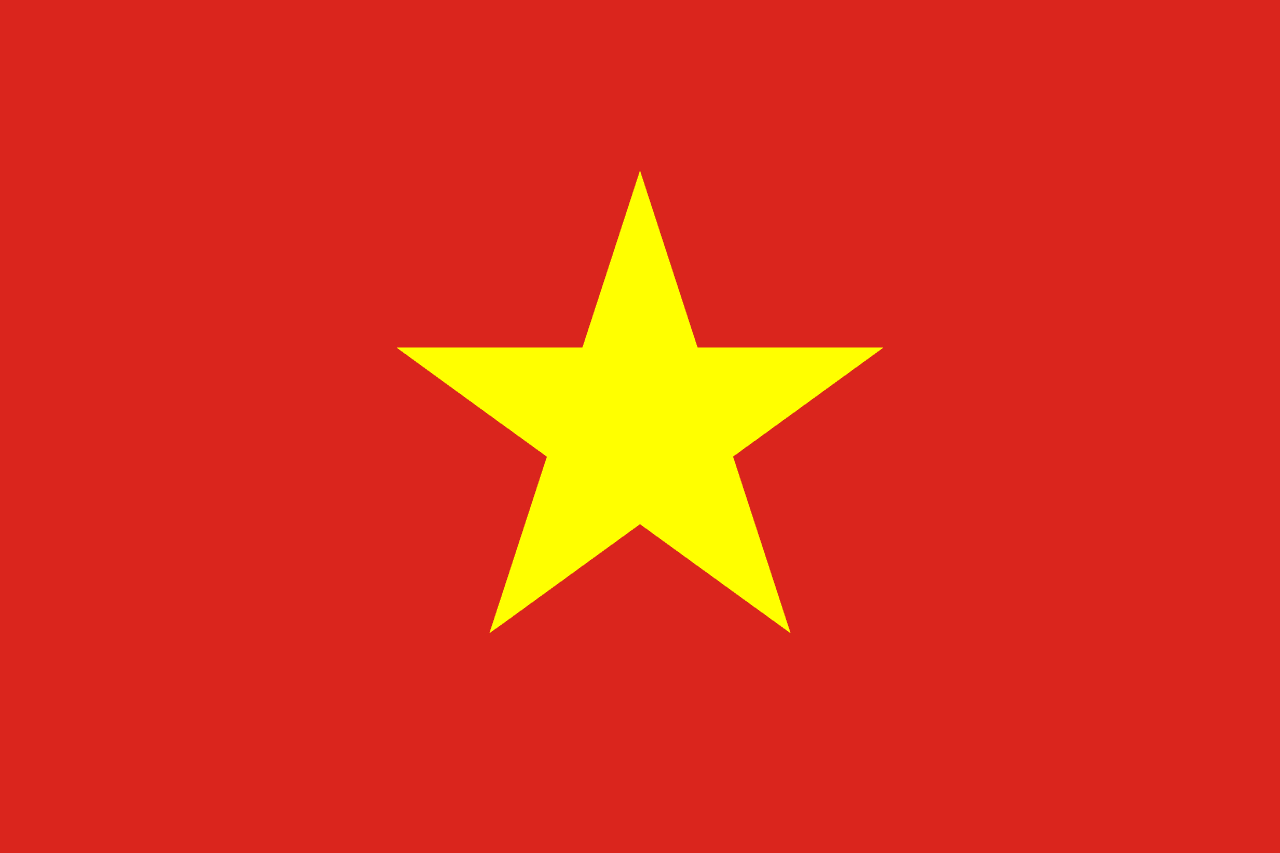The flag of Wallis and Futuna is a distinctive emblem that represents this French overseas collectivity in the South Pacific Ocean. It features three horizontal stripes: red at the top, white in the middle, and red at the bottom. Centered on the white stripe is a prominent white Maltese cross. This unique design beautifully encapsulates the islands' rich history, cultural heritage, and religious influences.
Wallis and Futuna information
| National Flag Day | July 16 |
| Sovereign state | No |
| Official name | Wallis and Futuna |
| Capital | Mata Utu |
| Population | 15,994 |
| Area | 142 km² |
| Currency | CFP franc (XPF) |
| Language | French, Wallisian, Futunian |
| Continent | Oceania |
| Region | Micronesia |
| Subregion | Polynesia |
| Borders | — |
| Timezone | UTC-12 |
| Calling code | +681 |
| Top-level domain | .wf |
History of the Wallis and Futuna flag
 The flag of Wallis and Futuna was officially adopted on July 16, 1985. However, its design elements have deeper historical roots. The flag combines traditional Polynesian symbolism with Catholic imagery, reflecting the islands' complex cultural evolution. Prior to the adoption of this flag, the islands used various French flags and local symbols. The current design was chosen to represent the unique identity of Wallis and Futuna within the French Republic while honoring its indigenous heritage.
The flag of Wallis and Futuna was officially adopted on July 16, 1985. However, its design elements have deeper historical roots. The flag combines traditional Polynesian symbolism with Catholic imagery, reflecting the islands' complex cultural evolution. Prior to the adoption of this flag, the islands used various French flags and local symbols. The current design was chosen to represent the unique identity of Wallis and Futuna within the French Republic while honoring its indigenous heritage.
Symbolism and design of the Wallis and Futuna flag
Each element of the Wallis and Futuna flag carries significant symbolic meaning:
- The red stripes symbolize the blood shed by warriors in the service of the traditional kings of Wallis and Futuna, honoring the islands' martial history.
- The white stripe represents the purity of the Catholic faith, which was introduced by missionaries and has become an integral part of the islands' culture.
- The Maltese cross in the center reflects the strong influence of the Catholic Church on the islands and serves as a reminder of the historical ties to the Kingdom of France.
- The overall tricolor design subtly references the French flag, acknowledging Wallis and Futuna's status as a French overseas collectivity.
Usage and significance of the Wallis and Futuna flag
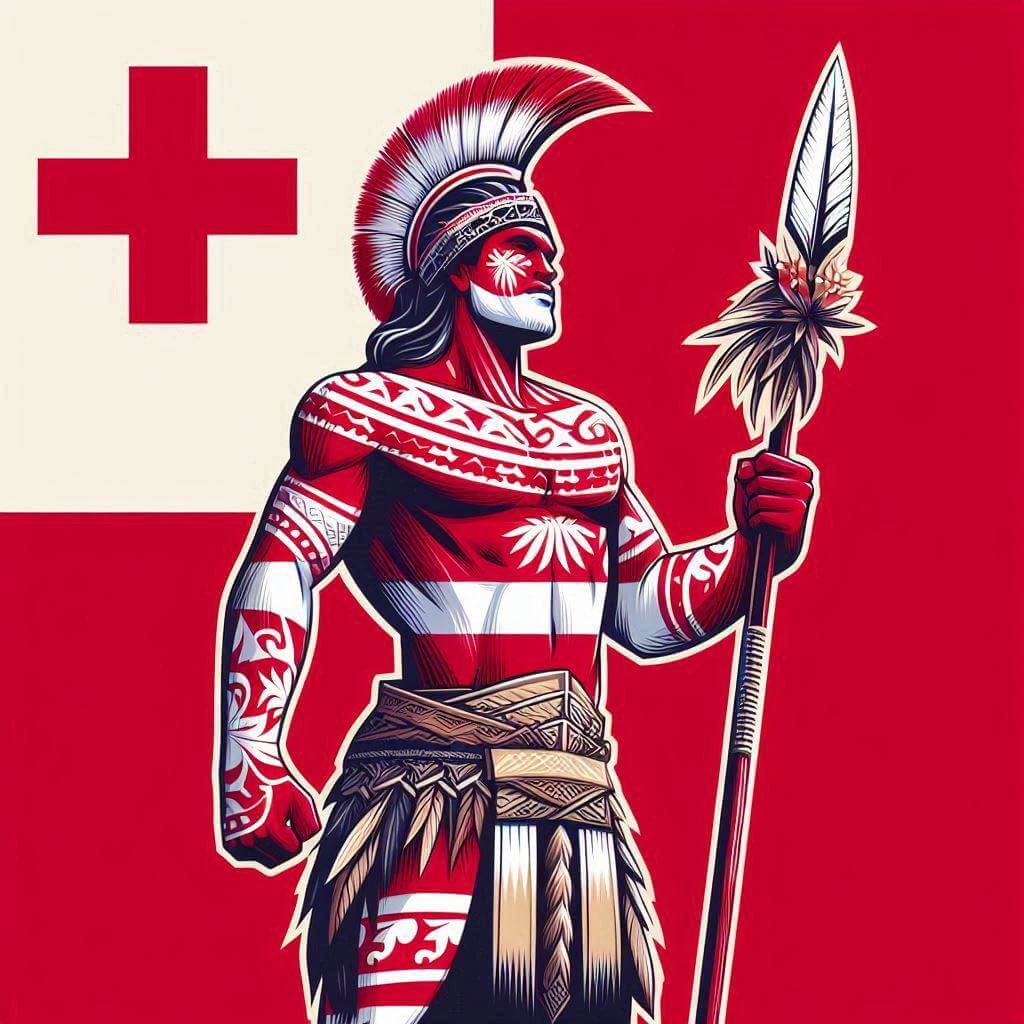 The flag of Wallis and Futuna is an important symbol of local identity and autonomy within the French Republic. It is displayed at official buildings and during ceremonial occasions on the islands. The flag is often flown alongside the French national flag, symbolizing the dual identity of Wallis and Futuna as both a distinct cultural entity and a part of France. During cultural festivals and sporting events, the flag serves as a rallying point for island pride and unity.
The flag of Wallis and Futuna is an important symbol of local identity and autonomy within the French Republic. It is displayed at official buildings and during ceremonial occasions on the islands. The flag is often flown alongside the French national flag, symbolizing the dual identity of Wallis and Futuna as both a distinct cultural entity and a part of France. During cultural festivals and sporting events, the flag serves as a rallying point for island pride and unity.
Interesting facts about the Wallis and Futuna flag
- Wallis and Futuna is a French overseas collectivity located in the South Pacific Ocean, consisting of three main volcanic tropical islands and several islets.
- The flag's design is unique among French territories, reflecting the islands' distinct historical and cultural identity within the French Republic.
- Wallis and Futuna maintain strong ties to their traditional Polynesian culture, which is reflected in the symbolism of their flag.
- The Maltese cross on the flag is a nod to the islands' Catholic heritage, with over 95% of the population identifying as Roman Catholic.
- Despite being a French territory, Wallis and Futuna have their own traditional monarchies, with three kingdoms: Uvea, Sigave, and Alo.
- The flag design incorporates elements that respect both the islands' traditional leadership and their relationship with France.
- Wallis and Futuna's flag is one of the few flags of non-sovereign territories to feature a Maltese cross, making it easily distinguishable.
- The islands are known for their pristine beaches, crystal-clear lagoons, and rich marine biodiversity, which attract eco-tourists and researchers.
